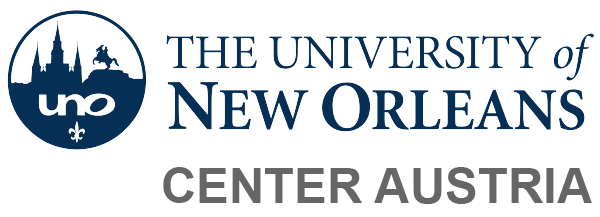Volume 14: Austrian Foreign Policy in Historical Context
This volume covers foreign policy in the 20th century and offers an up-to-date status report of the study of Austria’s foreign policy trajectories and diplomatic options both in the historical and political sciences. Eva Nowotny, the current Austrian Ambassador to the U.S., introduces the volume with an analysis of the art and practice of Austrian diplomacy in historical perspective. Ambassador Wolfgang Petritsch analyses recent Balkans diplomacy from his personal perspective as an EU-emissary in the Bosnian and Kosovo crises.
Historians Günther Kronenbitter, Alexander Lassner, Günter Bischof, Joanna Granville and Martin Kofler provide historical case studies of pre-and post-World War I and II Austrian diplomacy, Austria’s dealing with Hungarian crisis of 1956, and its mediation between Kennedy and Khrushchev in the early 1960s. Political Scientists Romain Kirt, Stefan Mayer, and Gunther Hauser analyze small states foreign policy making in a globalizing world, as well as Austrian federal states’ separate regional policy initiatives abroad vis-à-vis the national government, and her role vis-à-vis current European security initiatives. Michael Gehler suggests a periodization scheme for post-World War II Austrian foreign policy regimes and provides a valuable summary for researchers of both the available archival and printed diplomatic source collections.
In 2005 Austria is celebrating the 60th anniversary of its liberation from the Nazi regime and the 50th anniversary of the State Treaty that ended the occupation and returned full sovereignty to the country. A “Historiography Roundtable” is dedicated to the Austrian Occupation decade (1955-1945) leading up to this event. Günter Bischof reports on the state of occupation historiography, Oliver Rathkolb on the historical memory of the occupation, Michael Gehler on the context of the German question, Wolfgang Mueller and Norman Naimark on Stalin’s Cold War and Soviet policies towards Austria during those years.
Review essays and book reviews on art theft, anti-semitism, the Hungarian crisis of 1956, South Tyrol and regional identity in Austria complete the volume.
Günter Bischof is professor of history and director of CenterAustria at the University of New Orleans; Anton Pelinka is professor of political science and dean of the political science and sociology faculty at the University of Innsbruck and director of the Institute of Conflict Research in Vienna; Michael Gehler is professor of contemporary history at the University of Innsbruck.

